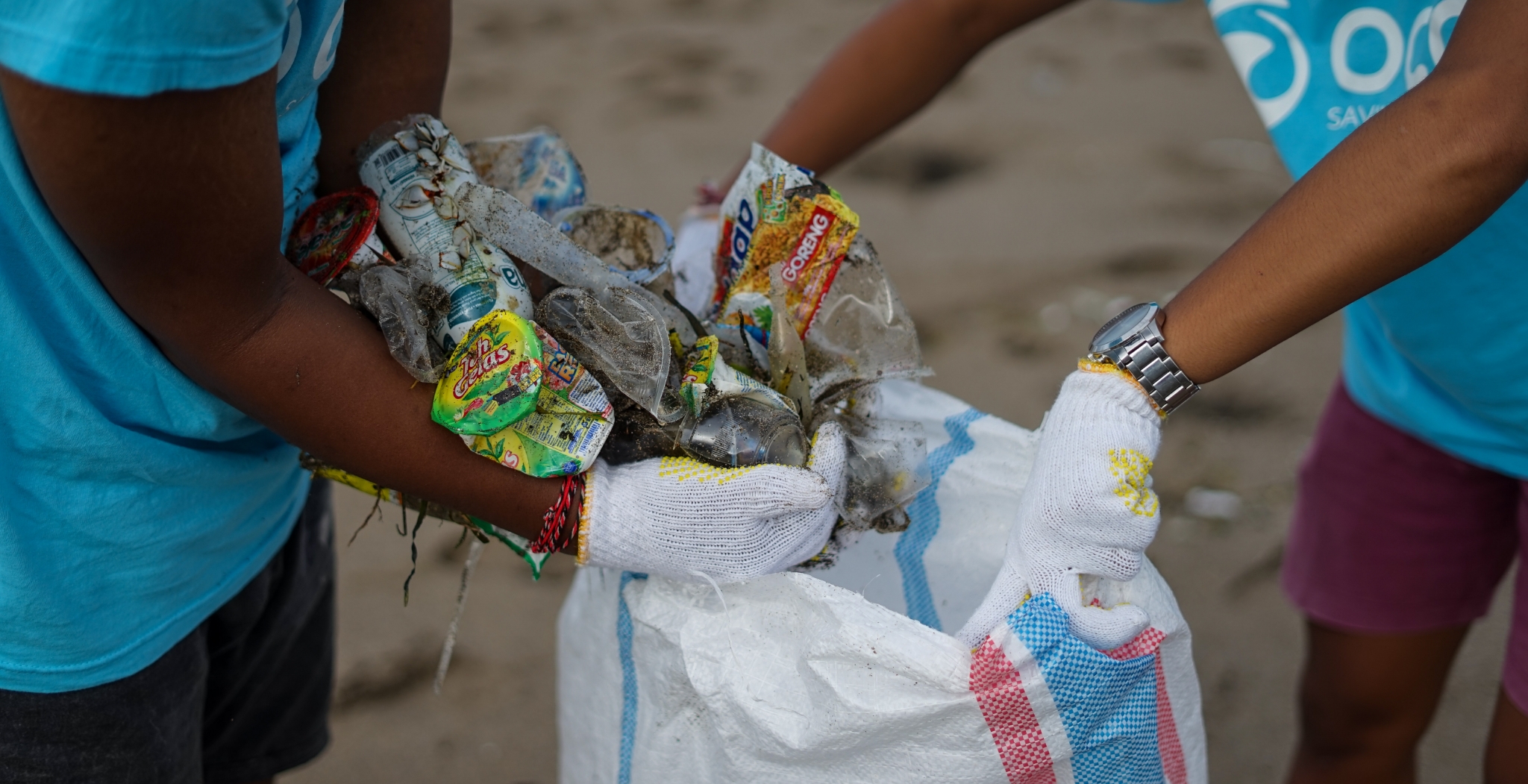Home Mattress Recycling
Need to recycle your old mattress?
Our sister company, The Mattress Recycling People, can take care of it!

With our global population increasing, there’s been a sharp increase in the need for items such as mattresses, so much so that the global mattress market is set to grow by 5% per year from 2023 to 2028.
While mattress production surges, only around 19% of mattresses are recycled, while the rest are sent straight to overflowing landfill sites. On average the UK throws away seven million mattresses per year, while the US discards around 18 million, not to mention other global markets. There are sustainable solutions to mattress disposal, whether that’s the rejuvenation of comfort night guarantee mattresses, or the recycling of EoL mattresses – but some countries choose to ignore these solutions and export the issue to third world countries, such as Sri Lanka.
Not only will this issue continue to become a problem due to the lack of global capacity for waste, but it also has a profoundly negative impact on the environment. The toxic gases released from landfill contribute heavily to global warming, while the waste itself can lead to soil, water and wildlife contamination and impact the health of our population.
While recycling is on the rise, with more consumers and businesses focusing on their own targets and actions, there is still a way to go to make a real impact. By introducing and implementing recycling programs it allows you to reduce waste, recycle valuable materials, and reuse items. This not only helps to protect the environment, but also showcases the positive role you and your business can play as we look to a greener future both in the UK and globally. If businesses pledged to uphold recycling programs, it would combat global warming on a much larger scale and have a real impact.
By working collaboratively to implement successful long term recycling programs, there would be a significant reduction in landfill space required and in turn less impact on the environment.
Let’s take a look at some examples of successful recycling programmes already in place:
The UK arm of SUEZ, a water and waste management firm, was looking to implement a sustainability program to help them combat the issue of mattress recycling across the North West.
Mattresses were proving difficult to process via shredders and the metal content often caused blockages and damage to the company’s equipment. This created processing delays and increased repair costs, with mattresses ultimately being sent to landfill as an easier solution.
Suez then partnered with TFRG to implement a circular economy strategy which was able to eliminate the lengthy and complex process and remove mattresses from the business’ waste stream all together. Suez is now able to successfully recycle mattresses by breaking down the materials into 19 different component parts.
From this new approach, SUEZ has been able to achieve one of its biggest sustainability goals – diverting waste away from landfill sites, while also helping to reduce the environmental impact across the Greater Manchester region. The firm has now recycled over 277,000 mattresses which would have previously been sent straight to landfill, created 25+ new jobs and ensured over 85% of mattress materials are recycled.
Back in 2013, the Swiss government created a Green Action Plan to help introduce and implement a circular economy and strengthen its environmental credentials. The plan aimed to reduce waste, increase recycling across industries and re-use items where possible. Several new initiatives were put in place including banning combustible waste in landfill sites and ensuring recycling was free to consumers, while normal waste bags were charged. The segregation of waste is also extremely efficient, with clear instructions and guidance on public websites which clearly cites that consumers and businesses will be heavily fined for recycling incorrectly.
Now Switzerland is seen as a global leader in recycling with a recycling rate of 56%, compared to 44% in the UK. After years of engaging with communities to change the culture of sustainability, now 93% of glass bottles and 91% of aluminium cans are currently recycled with 9,400 tonnes of plastic diverted away from landfills each year.
Looking at both of the successful examples above it’s clear that the senior leaders viewed recycling and waste as a problem to solve with a circular economy approach, turning to new and innovative solutions.
By creating a new sustainable solution which is communicated clearly and effectively, it begins to change and influence the cultures and communities. Both of the sustainable waste strategies put in place showcase unique partnerships whether they are with private organisations or policy makers. It’s clear that collaboration from many parties is also key to insight real change for the better.
Governments worldwide can learn from and adopt similar principles to the Swiss government and introduce a circular economy approach within their own countries. It seems the key to early adoption is to change the perception of waste and recycling amongst the population to ensure everybody is engaged and working together to uphold the guidance and initiatives put in place.
As the global environmental crisis continues to worsen, cross-border knowledge sharing and collaboration can not only help to address the challenges and opportunities surrounding mattress recycling, but also waste reduction and recycling globally. With international cooperation and commitments to sustainable waste management practices, we can all play our part in protecting our planet.
If you are looking to introduce a sustainable solution into your business, discover our services at www.tfrgroup.co.uk
"*" indicates required fields
Need to recycle your old mattress?
Our sister company, The Mattress Recycling People, can take care of it!
X